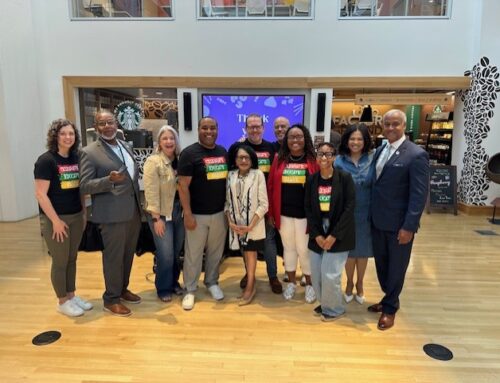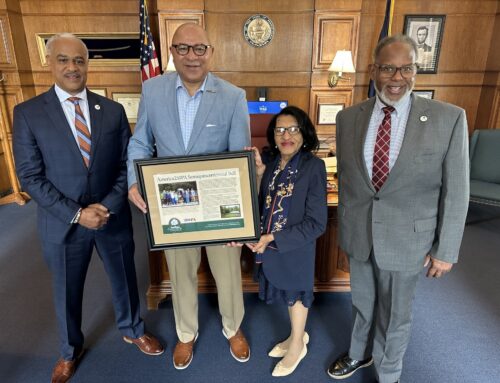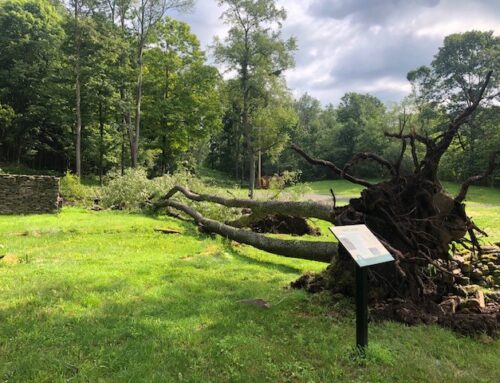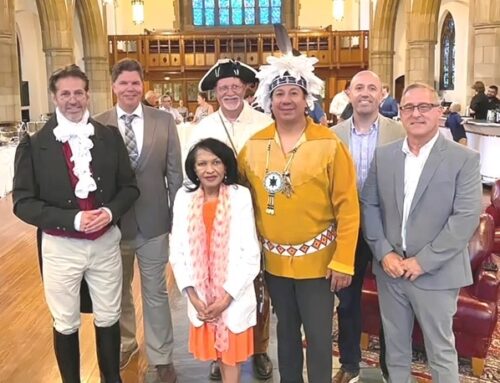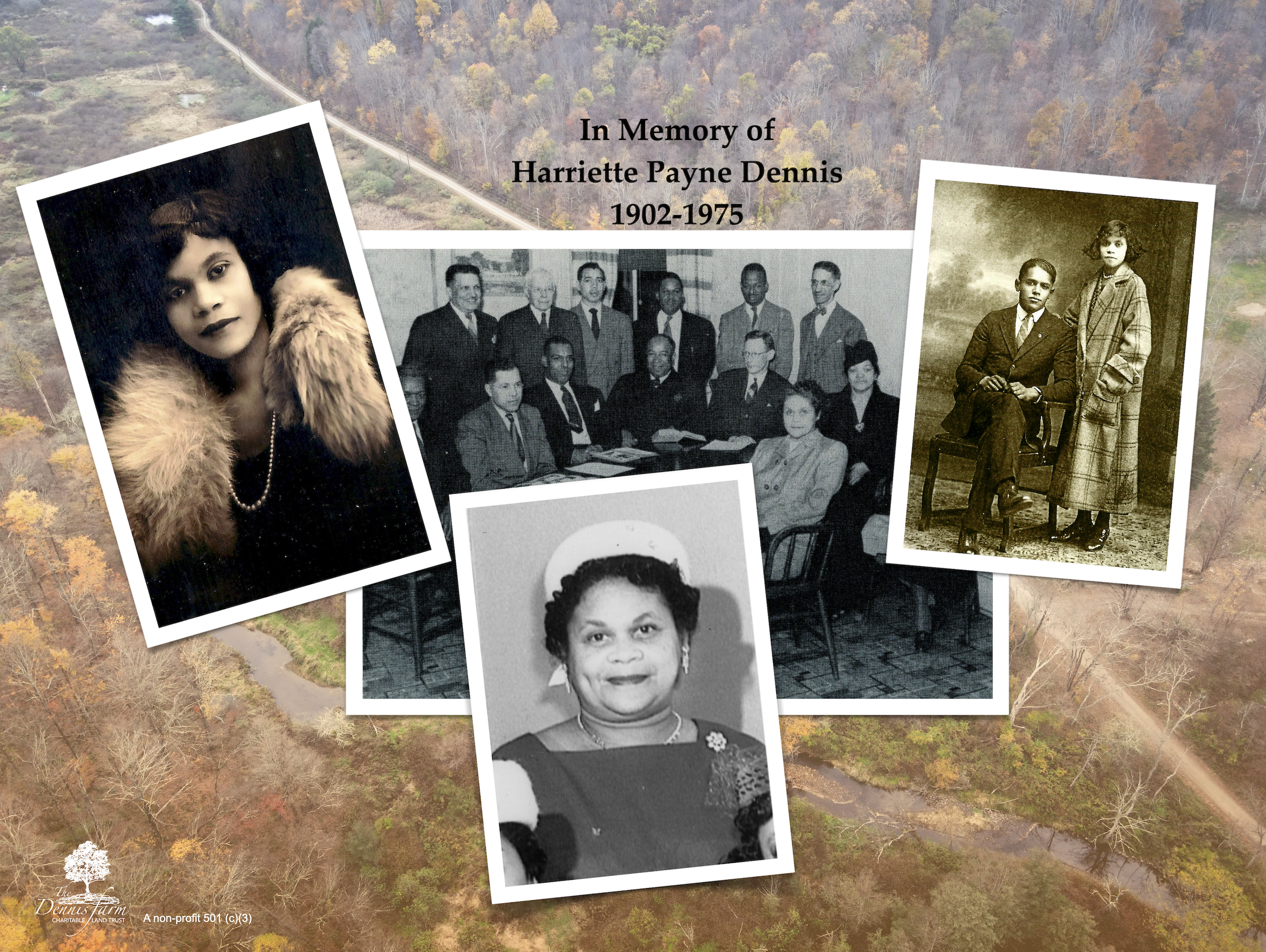
On the left, Harriette Payne Dennis,1920s; on the right, 1926 engagement photograph with Norman H. Dennis; lower center, in the 1960’s; center, the South Side YM-YWCA Board of Directors, Wilkes-Barre, PA, Mrs. Dennis is seated on the right, in the foreground.
For Women’s History Month, The Dennis Farm Charitable Land Trust (DFCLT) honors the memory of Harriette Payne Dennis, in this personal tribute. Born in Kingston, Pennsylvania in 1902, to William B. and Margaret Lyles Payne, Mrs. Dennis lived in Wyoming Valley throughout her lifetime, residing primarily in Wilkes-Barre and graduated from city public schools. In 1926, she married Norman H. Dennis, at the old Bethel AME Church in W-B.
Barely five feet tall, Harriette Dennis was a beautiful woman of deep faith who took pride in being a loving and supportive wife, mother, grandmother, sister, aunt and active member of the community. Wise, intelligent and gifted, she played the piano, was a public speaker and wrote beautifully. Among the many organizations of which she was a member was the Negro Women’s Community League that, in addition to community service, every year presented a scholarship to the African American high school senior, from Wyoming Valley, who graduated with the highest academic average and was headed to college.
She was also a member of the Eastern Star and was one of three women on the Board of the South Branch Y, Wilkes-Barre’s African American YM-YWCA. When the South Branch Y closed in the 1950’s, Mrs. Dennis became a member of the Board of the YM-YWCA’s main branch on S. Franklin Street. She was also one of the five founding members of “The Cuckoos,” a women’s social club that met once a month and lasted forty years.
“Harriette Dennis was the greatest inspiration of and had the greatest influence on my life,” says DFCLT President Denise Dennis. “I loved her and channel her even now. She believed in us, taught us to believe in ourselves, and made sure that I didn’t feel limited because I was a girl and African American. Many times, she told me, ‘You can do whatever you set your mind to do. I’d match you against anyone.’”
Mrs. Dennis memorized a repertoire of poetry throughout her life, from Longfellow to Paul Laurence Dunbar, and had a poem to illustrate every point she wanted to make. She often recited Kipling’s If, as a reminder of how to keep the vagaries of life in perspective. “One poem she quoted to me often had this line, ‘The world is a servant to the one who sets her jaw to say, well I’m going to do it anyway,’” says Denise.
Harriette Dennis was called upon to give poetry readings at funerals, too; her favorites on these sad occasions were Tennyson’s Crossing the Bar and Henley’s Invictus. “In one of the letters she wrote to me when I was in college, she quoted Isaiah 30:15, “In resting and returning you will be saved. In quietness and confidence will be your strength,” Denise recalls. “It was just what I needed to hear and I’ve never forgotten it.”
Long before there was an official Black History Month, Harriette Dennis taught her children and grandchildren the history of African Americans, based on her personal research. Always an avid reader, she described how, when she was young, she searched for books about slavery in the Osterhout Library and would “read until tears streamed down my face.” She understood the historical situation that stood to thwart the progress of “Negroes” and what it took to overcome it. In her gracious way, she taught her children and grandchildren to not allow racial “prejudice” to thwart them.
While Norman Dennis taught Denise the history of the Perkins-Dennis family and the Farm, Harriette Dennis taught her the overall history of people of African heritage in the United States. “By the time I was in second grade, I knew our ancestors had come from the West Coast of Africa,” Denise explains. Mrs. Dennis also taught Denise her family’s history. Mrs. Dennis’ paternal family was from Bradford County, Pennsylvania, and her grandfather served in the Union Army during the Civil War.
“She told me her grandfather was at Appomattox when the war ended,” says Denise. “In the early 2000s, I researched this and found that it was true, her grandfather Ralph Payne of Towanda, PA, served in the 41st Regiment of the United States Colored Troops (USCT), was in the Appomattox Campaign and was present at the surrender.”
Above all, Harriette Payne Dennis was a generous and caring person. Denise remembers going with her to visit elderly women in nursing homes. When she passed away, the number of people who stopped by to express their appreciation for kindnesses she had shown them, some of which the family had known nothing about, was astonishing. One of Denise’s friends, whose mother passed away when she was nine-years-old, was once asked to describe what kind of mother she would want if that were possible and, her friend told Denise, “I said I’d want a mother like Mrs. Dennis.”
Harriette Payne Dennis passed away in Philadelphia where her children and grandchildren lived, in 1975, but her loving influence on all who knew her continues to this day.


